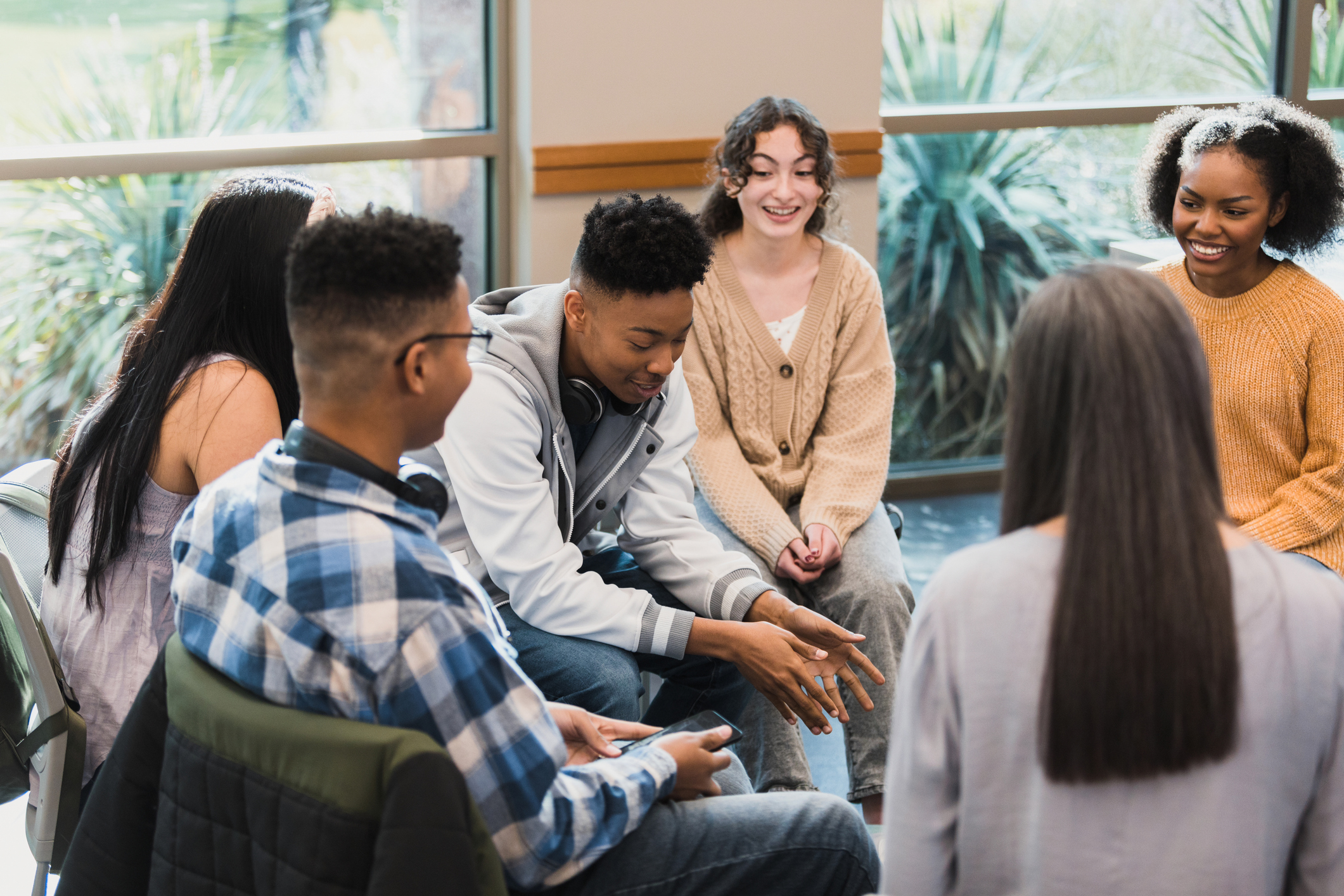Overview
Why it Matters
Students can’t learn if their emotional and mental health needs are unmet. As more young people report stress, isolation, or anxiety, cities are stepping in to fill service gaps and promote wellbeing. Mayors can play a critical role in initiating programs and creating systems that connect students to trusted adults and mental health supports.
How Mayors Contribute
Mayors can partner with school districts and community providers to bring mental health services or leadership development into schools. They can secure grants, convene stakeholders, and use their platform to de-stigmatize mental health challenges. Often, the most impactful programs come from understanding local needs and strengths.
How to Get Started
- Convene a roundtable with youth, school counselors, mental health providers, and youth-serving nonprofits to identify current gaps and assets.
- Inventory existing mental health supports the city funds or facilitates and assess opportunities for school alignment.
- Seek funding to support school-based or community-based mental health programming.
- Launch a mayoral campaign to raise awareness and reduce stigma around youth mental health.
- Survey youth to inform mental health strategies such as those in San Antonio and Houston.
Tips for Ongoing Success
- Normalize Mental Health: Keep messaging consistent and visible, making mental health part of broader wellness and education initiatives.
- Train Trusted Adults: Support training for city staff, volunteers, and community partners to recognize and respond to youth mental health needs.
- Build Bridges: Strengthen referral pathways between schools, community services, and health care providers.
- Monitor Equity: Regularly assess whether all youth, especially those most vulnerable, have access to mental health supports.
- Support the Mental Health Workforce: Work with local colleges to expand mental health provider workforce development opportunities.
City Example – Young Harris, GA
Young Harris, GA | Population 1,100
Partnering with local civic groups and schools, Mayor Gibby launched a cost-effective youth leadership program targeting student mental health and connection, using retired teachers, volunteers, and university support to deliver lasting impact.
In 2020, Mayor Andrea Gibby of Young Harris recognized that young people in her community were struggling with mental health. In response, she joined a wellness initiative sponsored by the Georgia Municipal Association and committed to identifying sustainable, community-based solutions. Mayor Gibby brought together local stakeholders, including the Rotary Club, civic groups, the Chamber of Commerce, and the school district, to assess needs and co-create a plan. Together, they determined that students needed stronger relationships with trusted adults and more support in building socioemotional skills.
To meet this need, Mayor Gibby partnered with the school district and the University of Georgia’s Fanning Institute to implement a Youth Leadership Program for 3rd, 6th, and 9th graders. With funding from a grant, the Fanning Institute provided a proven curriculum and trained retired teachers to deliver the program. These teachers volunteered their time, meeting with students during recreational periods to build relationships and offer support.
The program was highly cost-effective, requiring minimal fundraising which was led by the community and supplemented by town funds. The partnership leveraged local strengths and statewide resources to offer meaningful support to students at no cost to the city.
Reflecting on the initiative, Mayor Gibby encourages other city leaders to step in where their passions and skills align with community needs. “Everybody has a unique strength,” she says, “and to best utilize that, you must ask the community where the need is felt most.”
